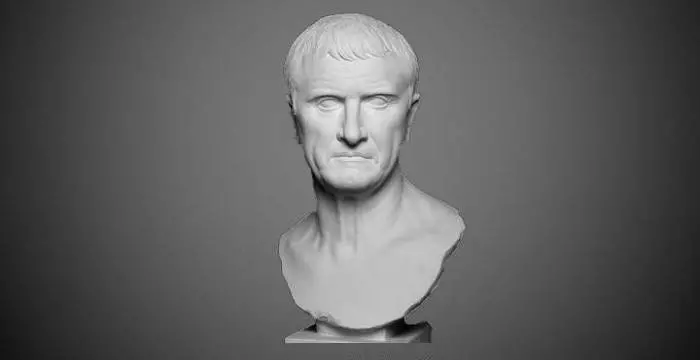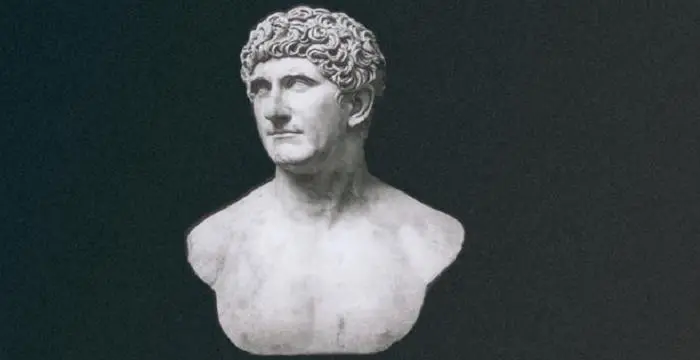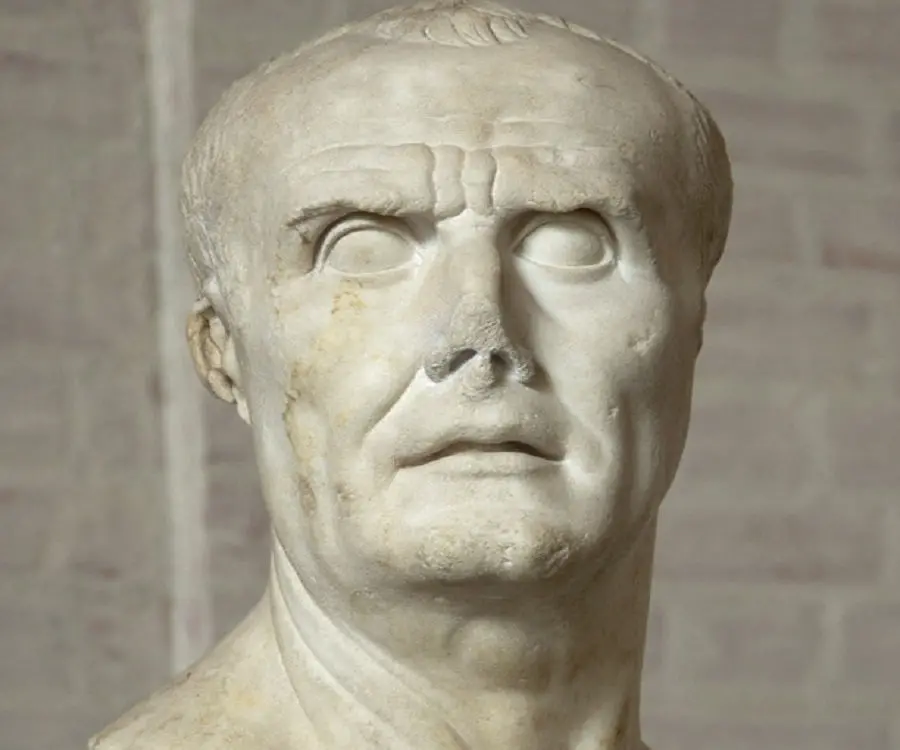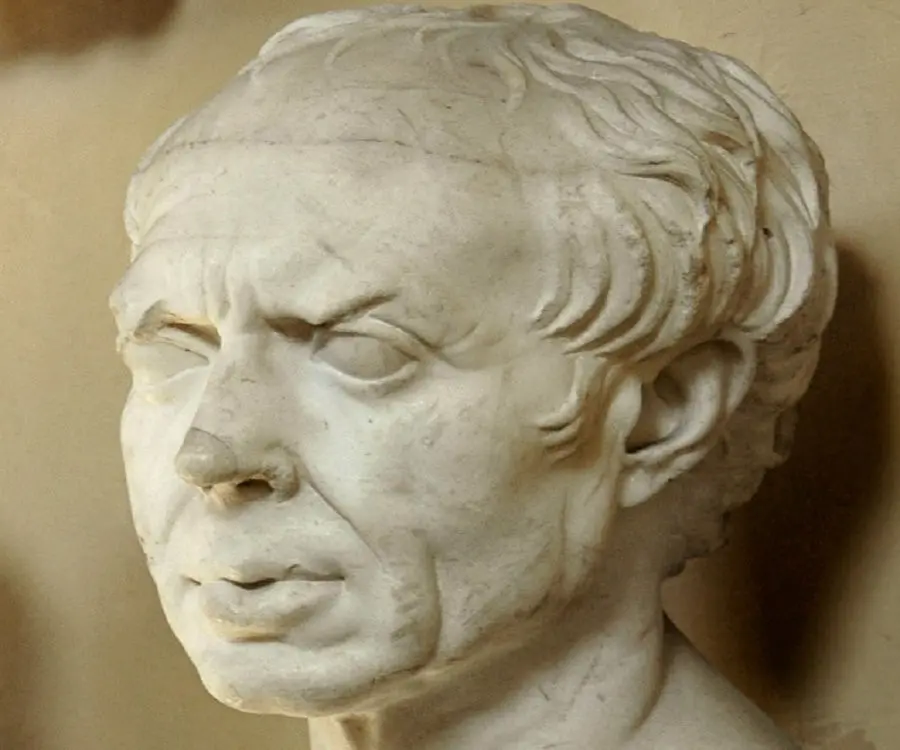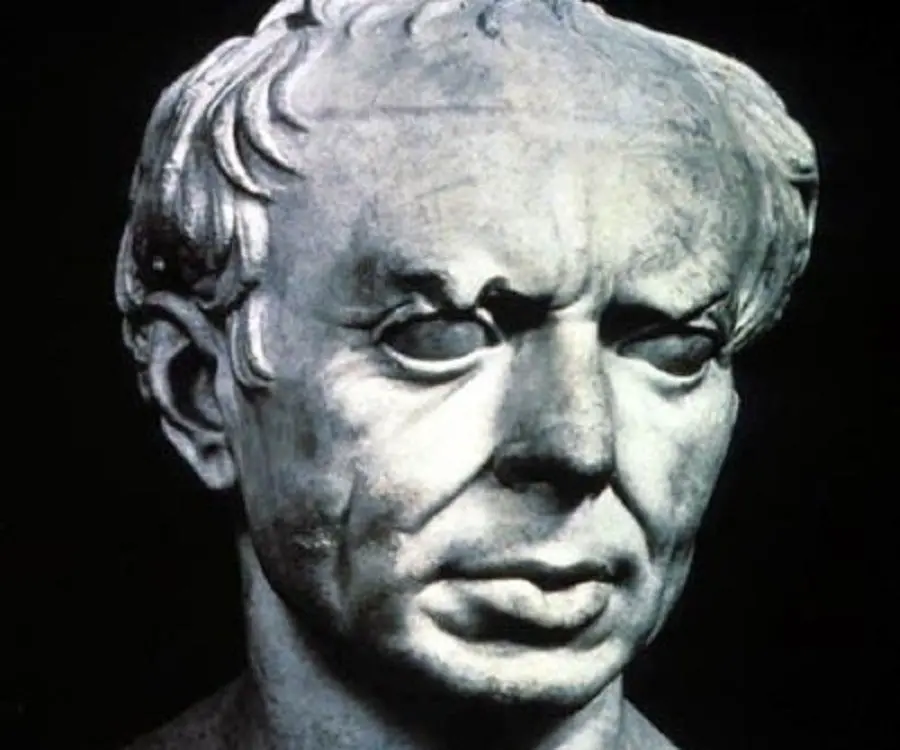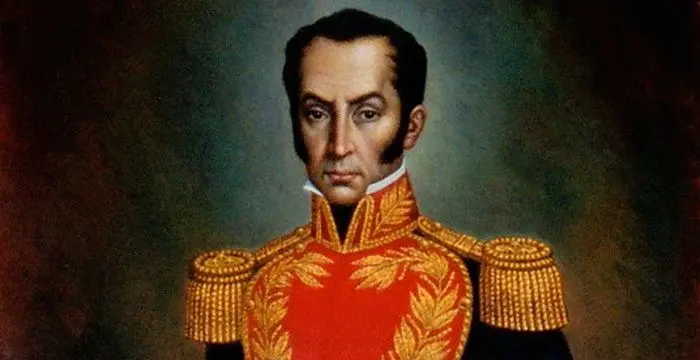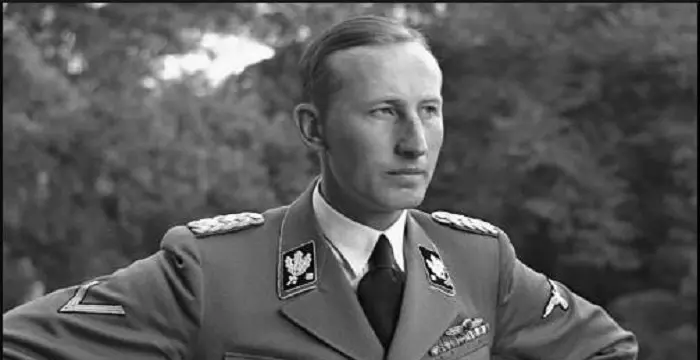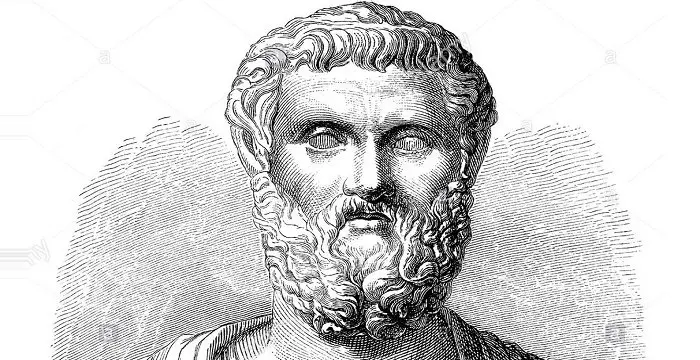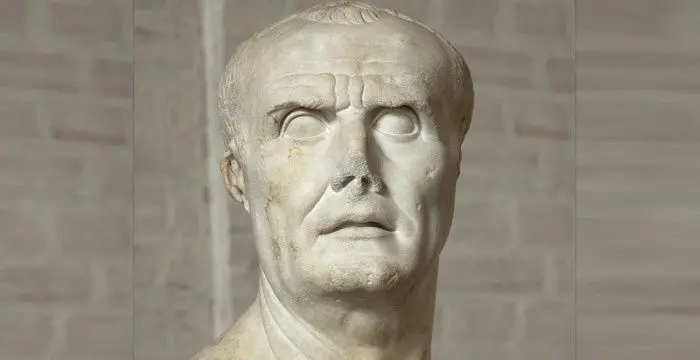
Gaius Marius - Roman General, Career and Personal Life
Gaius Marius's Personal Details
Gaius Marius was a Roman general, politician, and military reformer
| Information | Detail |
|---|---|
| Birthday | 157 BC |
| Nationality | Ancient Roman |
| Famous | Leaders, Political Leaders, Military Leaders, Roman General |
| Spouses | Julia (m. 110 BC) |
| Childrens | Young Marius |
| Birth Place | Arpinum |
| Gender | Male |
| Father | Gaius Marius |
| Mother | Fulcinia |
| Born in | Arpinum |
| Famous as | Roman General |
| Died at Age | 71 |
// Famous Roman General
Marcus Licinius Crassus
Marcus Licinius Crassus was a renowned Roman general and politician. Check out this biography to know about his childhood, family life, achievements and fun facts about his life.
Marc Antony
Mark Antony was a famous Roman general and politician. Check out this biography to know about his childhood, family life and achievements.
Gaius Marius's photo
Who is Gaius Marius?
Gaius Marius was a Roman general, politician, and military reformer, who had played an important role in the transformation of Rome. He was elected as the consul on seven occasions, including five successive consulships. He had also contributed in initiating noted Roman reforms like providing employment to landless citizens, structuring and organizing large military groups into cohorts, etc. He started his career as a soldier in Spain under the leadership of the great Scipio Aemilianus. Gaius soon became quite popular among his troop members and was hailed as a fearless, able and energetic man. From being a brave soldier, he climbed the ladder of success to become an admired general. He continued his prosperous journey and went on to become the mighty consul of Rome on seven occasions! Often referred to as ‘The Savior of Rome’, Gaius also defeated Germanic tribes like the Ambrones, Teutones and Cimbri who had invaded Rome around 102 B.C. Though he was loved and admired for his relentless contribution towards building the Roman Empire, Marius’ reputation was tarnished later in his career.
// Famous Military Leaders
Sitting Bull
Sitting Bull was a Teton Dakota Indian chief who led Sioux tribes in their struggle for survival on the North American Great Plains.
Simon Bolivar
Simón Bolívar was a Venezuelan military leader who was instrumental in independence of several Latin American countries from the Spanish rule. This biography profiles his childhood, life, achievements and timeline.
Reinhard Heydrich
Reinhard Heydrich was a high-ranking German Nazi official during the World War II. Check out this biography to know about his childhood, family life, achievements and other facts about his life.
Childhood & Early Life
Marius was born in 157 B.C at a place called Arpinum, Roman Republic. Greek biographer Plutarch had stated that Marius belonged to a poor family, and that his father was a labourer.
However, taking into account the fact that Marius had connections with prominent personalities in Rome, it can be concluded that he belonged to a renowned family in Arpinum.
Marius had to struggle in his early days before starting his career as a soldier in 134 B.C. His hard work caught the attention of the famous Roman general, Scipio Aemilianus, who took him under his military.
Career
By maintaining good attitude and work ethic, Gaius improved his chances of becoming a successful politician, which was his ambition right from the beginning. He even ran for the local office which he eventually lost and then ran for the quaestorship, which made his intentions clear.
In 120 B.C, he served under Metellus Numidicus as a plebeian tribune. Metellus Numidicus belonged to one of the most powerful families in Rome.
In 119 B.C, Gaius suggested a bill to keep a check on the nobles, who often abused their powers to influence an individual’s vote. He came up with an idea to build a passageway through which each voter could pass in order to cast his vote without any interruption.
He was even threatened and was asked to block the bill, but Marius announced that he would imprison anyone who’d try to talk him out of his intention. Despite oppositions, the bill was introduced.
The bill caused a rift between Gaius and Metellus Numidicus, who was against the bill. Due to his nobility, he was made the Governor of Spain, but his career was in jeopardy.
He then spent a few uneventful years, before making a glorious comeback.
Jugurthine War
After their temporary disagreement in 119 B.C, Metellus took Marius to Africa in 109 B.C for his campaign against Jugurtha, a king of Numidia. While Metellus used Marius’ military experience, Marius strengthened his position for a possible consulship in future.
After a year, Marius gave a hint about his desire to run for the consulship. He also claimed that he could have won the Jugurthine war with half of Metellus’ army, had he been the consul.
Initially, Metellus was against the idea of his subordinate competing in the election. He felt it was too early for Marius to compete, and that he should at least wait till his son runs for the consulship. Metellus’ son was only 20 years old at that time and was considered too young to compete by Marius.
When Marius started receiving praises from everywhere, Metellus decided to dissolve his personal feelings and let Marius compete for the consulship. In 107 B.C, Marius became the first outsider to be elected as the consul in 35 years.
Consulship & Marian Reforms
After becoming the consul, Marius wanted to strengthen his troop, for he feared barbarian invasion. He then built an army by recruiting men who weren’t accepted in the legion before. This move, which was among the most important Marian reforms, strengthened the army which then managed to beat Jugurtha’s army within two years.
Even though Marius was primarily responsible for capturing Jugurtha after winning the war, it was his subordinate, Lucius Cornelius Sulla Felix, who had made Jugurtha surrender. Lucius was said to have stolen Marius’ victory and that caused animosity between the two.
Cimbri & Teutones War (105 - 101 B.C.)
Marius was considered to be a brave and fearless ruler and was thus appointed as the Chief of Command against the Cimbri and Teutones. The Germanic tribes Cimbri and Teutones had destroyed the Roman armies in the North under the leadership of Mallius Maximus.
The soldiers from the North turned towards Marius for help. Marius then decided to recruit another army to deal with the problems in the North. Meanwhile, Marius was once again elected as the consul in 105 B.C.
The armies of Cimbri and Teutones had decided to attack from South and North respectively in order to enhance their chances of winning. However, their plan backfired as Marius blocked and killed the soldiers of the Teutones army at Aquae Sextiae in 102 BC.
Amidst the battle, the army of Ambrones too, attacked Marius’ army. But they all were ambushed and defeated by Marius’ soldiers. After being re-elected as the consul in 101 B.C, Marius marched to the North and defeated the army of Cimbri at Vercellae in Cisalpine Gaul.
Around 60,000 men belonging to the Cimbri tribe were killed and the rest were captured by Marius’ army. Marius then served his people as their consul for five successive years.
6th Consulship & the Downfall of Marius
In 100 B.C, Marius’ tribune, Lucius Appuleius Saturninus, advocated a colonial bill about providing lands to the veterans of recent wars, along with other benefits. Saturninus then took a few key decisions along with his ally Glaucia. Saturninus and Glaucia were responsible in sending Marius’ enemy Numidicus to exile.
Saturninus and Glaucia also murdered Glaucia’s main competitor who was all set to contest for the subsequent consulship. These events gave rise to a few concerns as people started questioning the leadership skills of Marius. It was high time for the Senate to restore public order.
Marius then tried to protect Saturninus and his followers from a large group of protesters who were trying to get their hands on Saturninus. But the angry mob eventually lynched Saturninus and many of his followers. Marius later claimed that he was part of the crowd, but eventually he lost his dominance in the political arena.
When Numidicus returned from exile in 98 B.C, Marius knew it was time for him to leave. He made another attempt to regain dominance in 97 B.C, but quickly realized that his reign was almost over.
Social War (91 - 88 B.C)
In 95 B.C, a decree called ‘Lex Licinia Mucia’ was passed. The decree ordered an expulsion of all non-Romans from the city. In 91 B.C, Marcus Livius Drusus became the new tribune.
Marcus proposed reforms like enlargement of the Senate and conferring Roman citizenship on all free people in Italy. However, Marcus was assassinated and that caused many Italian states to start a social war against Rome.
Marius came back to help his subordinate Lucius Cornelius deal with the revolt of Italian states against Rome, but soon retired due to his deteriorating health.
Marius Comeback & the Civil War
In 88 B.C, Lucius became the consul. However, Marius appointed a tribune named Publius Sulpicius Rufus and suggested his name for the consulship at an assembly.
Lucius refused to accept the assembly’s action. After being accepted as the leader, Lucius defied all the laws and tried to seize Rome by starting a civil war.
Marius tried to protect Rome by organizing a group of gladiators. But unfortunately, Marius’ men were crushed by Lucius’ men. Having no other option, Marius fled to Africa for safety.
Marius returned to Rome when a fight broke out between Lucius’s supporters and Cornelius Cinna’s supporters. Marius joined hands with Cinna to defeat Lucius.
Seventh Consulship
Cinna wanted to honor Marius for his support during his fight against Lucius. He offered him the Eastern command and chose him as a consular colleague in 86 B.C.
Marius then became the consul of Rome for the seventh time, but couldn’t continue his services for long. Due to deteriorating health, he had to take leave from his office.
Marius never returned to the office, for he breathed his last at the age of 71. When Lucius returned to Rome, he disinterred Marius’ body and discarded it.
Personal Life & Legacy
Marius got married to a patrician named Julia, who later became the aunt of Julius Caesar. Marius and Julia were blessed with a son.
Marius passed away on January 13, 86 B.C, at the age of 71. He died on the seventh day after being elected as the consul for the seventh time.
// Famous Leaders
Edi Rama
Edi Rama is the current Prime Minister of Albania. Check out this biography to know about his childhood, life, achievements, works & timeline.
Tecumseh
Tecumseh was a Native American leader of the Shawnee clan. This biography profiles his childhood, life and timeline.
Khalifa bin Zayed Al Nahyan
Sheikh Khalifa bin Zayed Al Nahyan is the current President of the United Arab Emirates (UAE). Check out this biography to know about his birthday, childhood, family life, achievements and fun facts about him.
Gaius Marius biography timelines
- // 157 BCMarius was born in 157 B.C at a place called Arpinum, Roman Republic. Greek biographer Plutarch had stated that Marius belonged to a poor family, and that his father was a labourer.
- // 134 BCMarius had to struggle in his early days before starting his career as a soldier in 134 B.C. His hard work caught the attention of the famous Roman general, Scipio Aemilianus, who took him under his military.
- // 120 BCIn 120 B.C, he served under Metellus Numidicus as a plebeian tribune. Metellus Numidicus belonged to one of the most powerful families in Rome.
- // 119 BCIn 119 B.C, Gaius suggested a bill to keep a check on the nobles, who often abused their powers to influence an individual’s vote. He came up with an idea to build a passageway through which each voter could pass in order to cast his vote without any interruption.
- // 119 BC To 109 BCAfter their temporary disagreement in 119 B.C, Metellus took Marius to Africa in 109 B.C for his campaign against Jugurtha, a king of Numidia. While Metellus used Marius’ military experience, Marius strengthened his position for a possible consulship in future.
- // 107 BCWhen Marius started receiving praises from everywhere, Metellus decided to dissolve his personal feelings and let Marius compete for the consulship. In 107 B.C, Marius became the first outsider to be elected as the consul in 35 years.
- // 105 BCThe soldiers from the North turned towards Marius for help. Marius then decided to recruit another army to deal with the problems in the North. Meanwhile, Marius was once again elected as the consul in 105 B.C.
- // 102 BCThe armies of Cimbri and Teutones had decided to attack from South and North respectively in order to enhance their chances of winning. However, their plan backfired as Marius blocked and killed the soldiers of the Teutones army at Aquae Sextiae in 102 BC.
- // 101 BCAmidst the battle, the army of Ambrones too, attacked Marius’ army. But they all were ambushed and defeated by Marius’ soldiers. After being re-elected as the consul in 101 B.C, Marius marched to the North and defeated the army of Cimbri at Vercellae in Cisalpine Gaul.
- // 100 BCIn 100 B.C, Marius’ tribune, Lucius Appuleius Saturninus, advocated a colonial bill about providing lands to the veterans of recent wars, along with other benefits. Saturninus then took a few key decisions along with his ally Glaucia. Saturninus and Glaucia were responsible in sending Marius’ enemy Numidicus to exile.
- // 98 BC To 97 BCWhen Numidicus returned from exile in 98 B.C, Marius knew it was time for him to leave. He made another attempt to regain dominance in 97 B.C, but quickly realized that his reign was almost over.
- // 95 BC To 91 BCIn 95 B.C, a decree called ‘Lex Licinia Mucia’ was passed. The decree ordered an expulsion of all non-Romans from the city. In 91 B.C, Marcus Livius Drusus became the new tribune.
- // 88 BCIn 88 B.C, Lucius became the consul. However, Marius appointed a tribune named Publius Sulpicius Rufus and suggested his name for the consulship at an assembly.
- // 86 BCCinna wanted to honor Marius for his support during his fight against Lucius. He offered him the Eastern command and chose him as a consular colleague in 86 B.C.
- // 13th Jan 86 BCMarius passed away on January 13, 86 B.C, at the age of 71. He died on the seventh day after being elected as the consul for the seventh time.
// Famous Political Leaders
Edi Rama
Edi Rama is the current Prime Minister of Albania. Check out this biography to know about his childhood, life, achievements, works & timeline.
Khalifa bin Zayed Al Nahyan
Sheikh Khalifa bin Zayed Al Nahyan is the current President of the United Arab Emirates (UAE). Check out this biography to know about his birthday, childhood, family life, achievements and fun facts about him.
Leo Varadkar
Cam Leo Varadkar is the current Taoiseach—the Prime Minister—of the Republic of Ireland. Check out this biography to know about his childhood, family life, achievements and other facts about his life.
Strom Thurmond
Strom Thurmond was an American politician, who represented the state of South Carolina in the United States senate for 48 years.
Solon
Solon was an Athenian lawmaker, poet and politician. He is considered as one of the ‘Seven Wise Men’ in Greek culture. This biography provides detailed information about his childhood, life, career, works, achievements and timeline.
Mohammed bin Salman
Mohammed bin Salman is the Crown Prince of Saudi Arabia and the heir apparent to the throne. Check out this biography to know about his childhood, family life, achievements and other facts about him.
Gaius Marius's FAQ
When was Gaius Marius died?
Gaius Marius was died at 2020-04-14
Where was Gaius Marius died?
Gaius Marius was died in Rome
Which age was Gaius Marius died?
Gaius Marius was died at age 71
Where is Gaius Marius's birth place?
Gaius Marius was born in Arpinum
What is Gaius Marius nationalities?
Gaius Marius's nationalities is Ancient Roman
Who is Gaius Marius spouses?
Gaius Marius's spouses is Julia (m. 110 BC)
Who is Gaius Marius childrens?
Gaius Marius's childrens is Young Marius
Who is Gaius Marius's father?
Gaius Marius's father is Gaius Marius
Who is Gaius Marius's mother?
Gaius Marius's mother is Fulcinia
How famous is Gaius Marius?
Gaius Marius is famouse as Roman General
